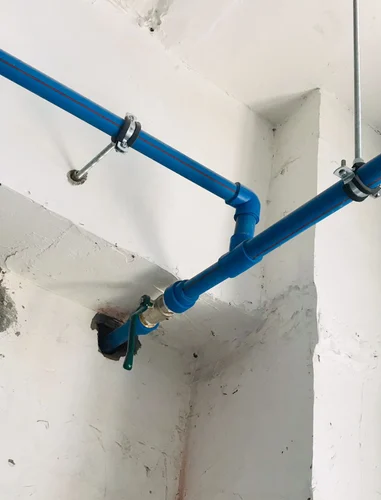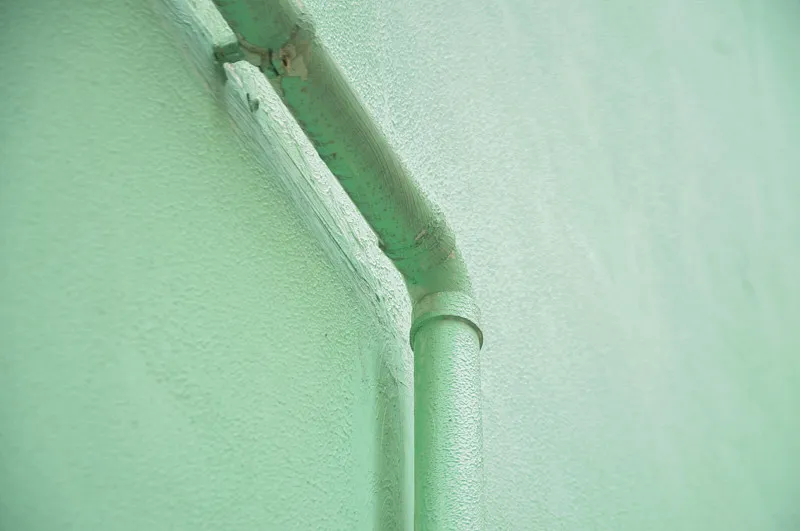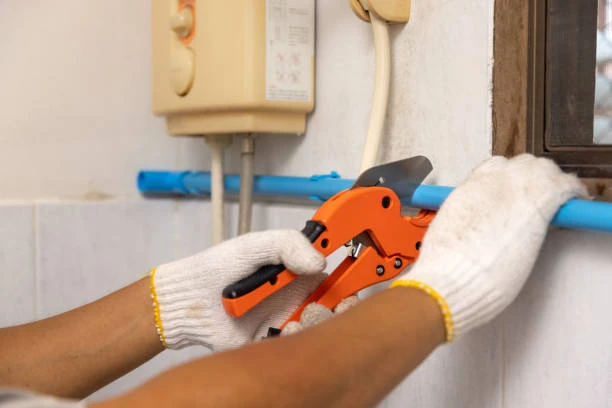Introduction
PPR (Polypropylene Random Copolymer) pipe GB/T 18742 is a type of plastic piping system made from a thermoplastic polymer that has gained popularity in plumbing and industrial applications due to its numerous advantageous properties. This article explores the characteristics of PPR pipes and their various uses across different sectors.
What is PPR Pipe?
PPR pipes made from polypropylene, specifically a random copolymer that provides enhanced performance compared to other types of plastic pipes. They manufactured through an extrusion process that creates long, continuous pipes with uniform dimensions and properties. PPR pipes are available in various sizes, typically ranging from 20 mm to 110 mm in diameter, and can be used for both hot and cold water systems.
Key Characteristics of PPR Pipe
- Durability:
- PPR pipes are known for their long lifespan, often exceeding 50 years. They are resistant to corrosion, rust, and chemical damage, which makes them suitable for various environments.
- Temperature Resistance:
- These pipes can handle temperatures up to 95°C (203°F), allowing them to be used for hot water applications without compromising their structural integrity.
Pressure Resistance:
- PPR pipes designed to withstand high pressure, making them ideal for a variety of water supply systems.
- Chemical Resistance:
- PPR pipes are resistant to many chemicals, making them suitable for transporting fluids in industrial settings without degrading.
- Non-Toxic:
- They are safe for transporting potable water, as they do not leach harmful chemicals into the water supply.
Lightweight:
- Compared to metal pipes, PPR pipes are lightweight and easy to handle, reducing transportation and installation costs.
- Low Friction Loss:
- The smooth interior surface minimizes friction loss, promoting efficient fluid flow.

What is PPR Pipe Used For?
PPR pipes have a wide range of applications across different sectors due to their favorable properties. Some of the most common uses include:
- Residential Plumbing:
- PPR pipes commonly used in household plumbing systems for both hot and cold water supply. Their durability and safety make them a preferred choice for domestic water transport.
- Commercial Buildings:
- In commercial applications, PPR pipes used for plumbing, heating systems, and fire protection systems in offices, hotels, and hospitals.
Industrial Applications:
- PPR pipes are ideal for transporting chemicals and other fluids in industrial settings, including food and beverage processing, pharmaceuticals, and chemical manufacturing.
- Irrigation Systems:
- PPR pipes widely used in agricultural irrigation systems due to their resistance to chemicals and corrosion, providing efficient water management for crops.
- Heating Systems:
- They utilized in underfloor heating systems and other heating applications, as they can withstand high temperatures and pressures.
Municipal Water Supply:
- PPR pipes employed in municipal water supply systems for transporting drinking water over long distances, ensuring safety and reliability.
- Fire Protection Systems:
- Due to their high-pressure resistance and durability, PPR pipes used in fire fighting systems, ensuring access to water during emergencies.
Conclusion
PPR pipes are a versatile and reliable choice for various applications, offering durability, chemical resistance, and temperature tolerance. Their widespread use in residential, commercial, industrial, and agricultural settings highlights their importance in modern plumbing and fluid transport systems. As the demand for efficient and safe water supply solutions continues to grow, PPR pipes will likely remain a preferred option across different industries.


















